

12th Annual Session of the Global Energy Parliament
December 9-10, 2022
GEP Members of Parliament from around the world assembled on December 9-10 in person and online to hold the 12th annual session of parliament on the theme "Maintaining Our Humanity in the Digitalized Future."
From education to business to healthcare and beyond, digitalization is unavoidable in nearly all areas of life. MPs and guest speakers from 25 countries discussed how to welcome the advances that digitalization brings to human civilization, while at the same time ensuring that its new culture does not mean we lose touch with what it means to be a human being.
 |
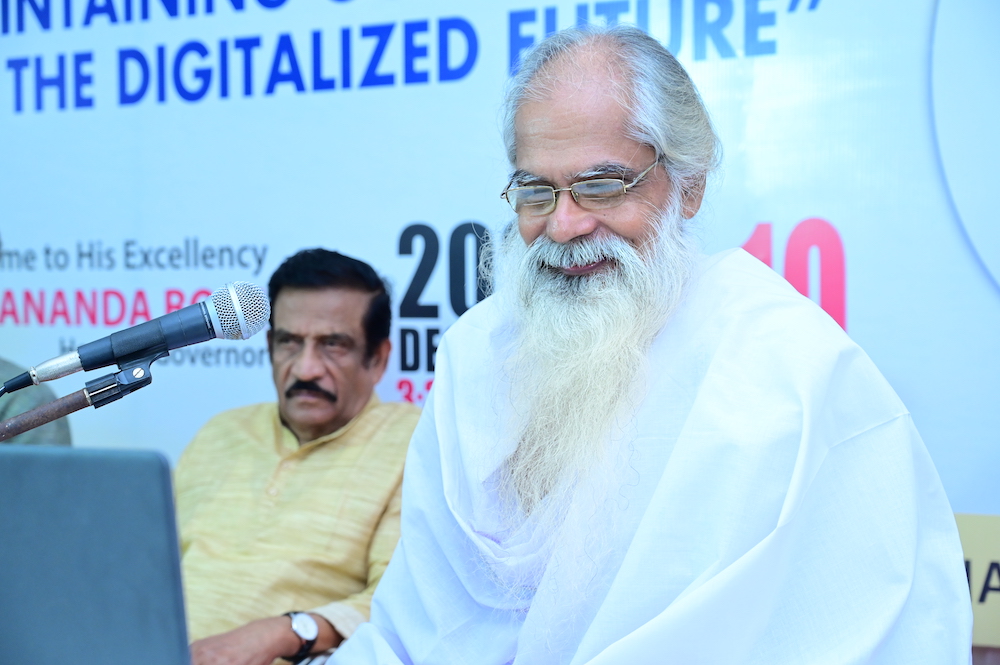 |
The event was inaugurated by the Hon'ble Governor of West Bengal, His Excellency Dr. C.V. Ananda Bose. In his Inaugural Address, Dr. Bose reminded the assembly of the noble vision of the Global Energy Parliament and the educational system of Education for Total Consciousness which was presented to the President of India last month. Dr. Bose congratulated the Global Energy Parliament on assembling over many years to discuss important and forward-looking topics for the global scenario. He noted that many topics of the upcoming G20 sessions have already been addressed by the GEP. He said, “What Jagadguru Swami Isa thinks today, the world will think tomorrow.”
His Holiness Jagadguru Swami Isa, Founder of the Global Energy Parliament addressed the assembly by emphasizing the difference between a human being and a machine. “Are machines for human beings, or are human beings for machines?" he asked. "We must find a common ground where the best of the biotic binary code and the abiotic binary code are utilized for the good of all life on Earth and universe. Then only humanity can survive.”
Swami Isa presented a detailed overview of the complex makeup of the human being and its functions in comparison with tools they utilize such as assistance of other people, animals, machines and now digitalization. He showed that during the waking state only the human being acquires these forms of assistsance, but during the dream state only limited aspects of the human being (subtle senses, intellect, mind, ego, ignorance and Consciousness) are activated, and further, in deep sleep, the ignorance plane and bliss of Consciousness are the two active portions of the human. "This is the greatness of the human being," he said, encouraging MPs to realize their mighty potential and to utilize digitalization only as a tool but not become its slave.
Dr. M.R. Thampan, GEP Secretary gave the Welcome Address. Sri. Kummanam Rajasekharan, former Governor of Mizoram delivered the Presidential Address. Prof. G. Shankar, Founder of Habitat Technology and GEP Minister for Housing, Lady Carla Davis, GEP Minister for Environment and Dr. Christophe Dumas, GEP Research Centre Director gave Felicitations.
 |
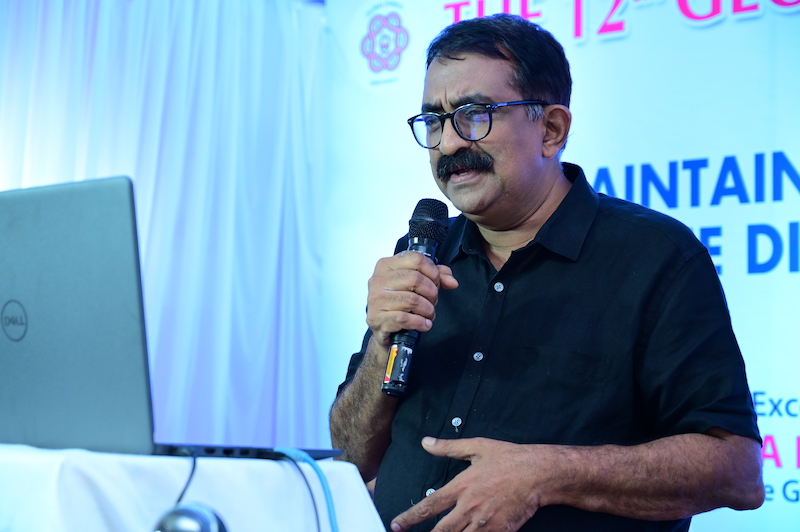 |
Afterwards, the session of parliament began, chaired by Deputy Speaker Dr. Kiran Vyas. Question Hour was devoted to questions from Members of Parliament to Ministers about various ethical or practical questions concerning digitalization and AI.
A Call-Attention Motion on the use of Artificial Intelligence was introduced by AI Ethicist Jibu Elias, who said that AI poses a great risk to humanity but it only replicates human input. And therefore it is up to the humans to design it intentionally and ethically. His motion was that AI should be used only in a fair and responsible way that ensures benefits to the whole of society. The Motion was passed and roundly applauded by the House.
Submissions began on the topic of what is a human being by Professor Florent Pasquier and philosopher Dr. Guido-Henri de Couvreur, who emphasized the need to recognize the entire complex system of the human being and to clearly know what a human person is, and how to build or educate one, if we want to create a humane world.
Dr. Reza Chowdhury, Head of GEP USA who has served as Dean of Medicine in many parts of the world, introduced a motion to establish a GEP Centre in Washington DC and name it in recognition of the contributions of Lady Carla Davis to the GEP over the past 12 years. The motion was passed.
American doctor Kimberly Davis, emphasized that there can be no substitution for sitting in person with a patient. She proposed to train doctors how to connect to patients on the soul level. Dr. Meissner, GEP Minister for Health, seconded the motion and noted that doctors need to get the entire person involved in healing.
The first day of parliament ended with a Guest Address by Distinguished Professor at India's first digital university, the Kerala University of Digital Sciences, Innovation and Technology. Dr. Elizabeth Sherly presented the Digital Transformation in Culture.
 |
 |
Day Two opened with a Keynote Address on Machine Learning and Its Effects on Human Beings by University of Kerala's Head of Department of Bioinformatics Prof. Achuthsankar S. Nair. "Anything can be taught to anyone," he quoted and noted the examples of AI learning complex tasks like driving, creating art, writing essays, and reading human emotions. He warned that freedom in our minds and thoughts will become increasingly more difficult if we give more work to AI. He asked what will happen if everything is to be done by machines, what will be left for human beings to do, and what will it mean to live as a human being? He moved to introduce a law to regulate AI and protect human dignity and freedom.
In response, Dr. V. Reghu, GEP Minister for Education, welcomed the complexity of issues that was brought up by Dr. Achuthsankar. Dr. Dirk Seeling, GEP Minister for Human Resources, appreciated Prof. Achuthsankar's contributions and reminded the House of the Call-Attention Motion passed the day earlier to regulate AI and protect human dignity and freedom. GEP Minister for Science and Technology Dr. Christophe Dumas moved to form of a Global Committee for Ethics in AI and Digitalization.
Nicolas Beriot, GEP Minister for Water and Natural Resources, spoke about the need to address the Earth's ailing health by understanding that physical experiences and contact with nature are not replaceable by digital life. He moved to introduce an educational system that provides children with contact with nature. Lady Carla Davis, GEP Minister for Environment agreed with the Minister's point and noted that the 11th session of GEP had included that in its Global Education Policy. Further, she noted the systems of control and power behind the applications of technology for the public. She called for the preservation of freedom and privacy.
Paras Dubey, Youth Member of Parliament, argued that the digital world must create a more compassionate world, and human beings must focus on keeping their prana pure.
Dr. Christophe Dumas first addressed digitalization in Economics. He emphasized the dangers of digital currency, both privatized as cryptocurrency and nationalized as central bank digital currencies. He reminded the Parliament of the Resolution from its 2013 session in London on Sustainable Economics and that the solution from 10 years ago is ever more relevant today: to move back into gold-based currency. Swami Isa had then introduced the concept of a paper currency with golden ink fixed at a universal rate. The Minister for Finance Prof. V. Unnikrishnan Nayar concurred.
As the GEP Minister for Science and Technology Dr. Dumas explained the ways in which digitalization is black matter (dominated by negative energy, high frequency and short wavelength). Mining for materials, high energy consumption, electromagnetic radiation of devices, and the mental addictiveness call for very considered use of digitalization, otherwise the natural balance will continue to be thrown off. He moved three resolutions: for a Global Ethics Committee to adopt a scientific definition of ethics based on pranic energy and the I-Theory, to make a law that every technology introduced in the society must be analysed for its electromagnetic radiation and effects on life energy, and to form a global group of researchers to develop technology for subjective digitalization that can assess the pranic genetic code. Prof. V. Unnikrishnan Nayar seconded the motion and said that we must assess if a new technology is sustainable or not; if not, then we must control its development, as we always need to strike a balance.
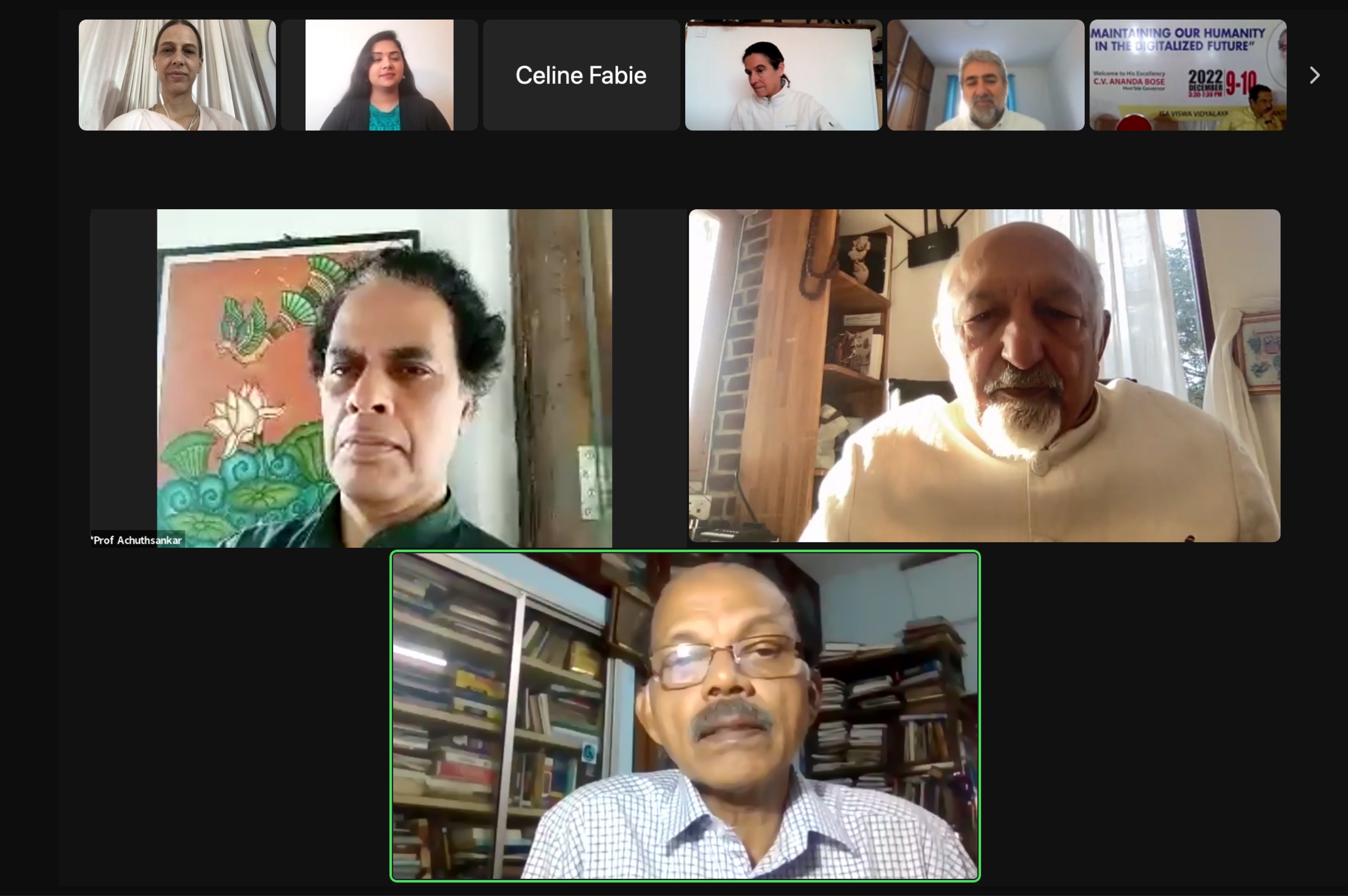 |
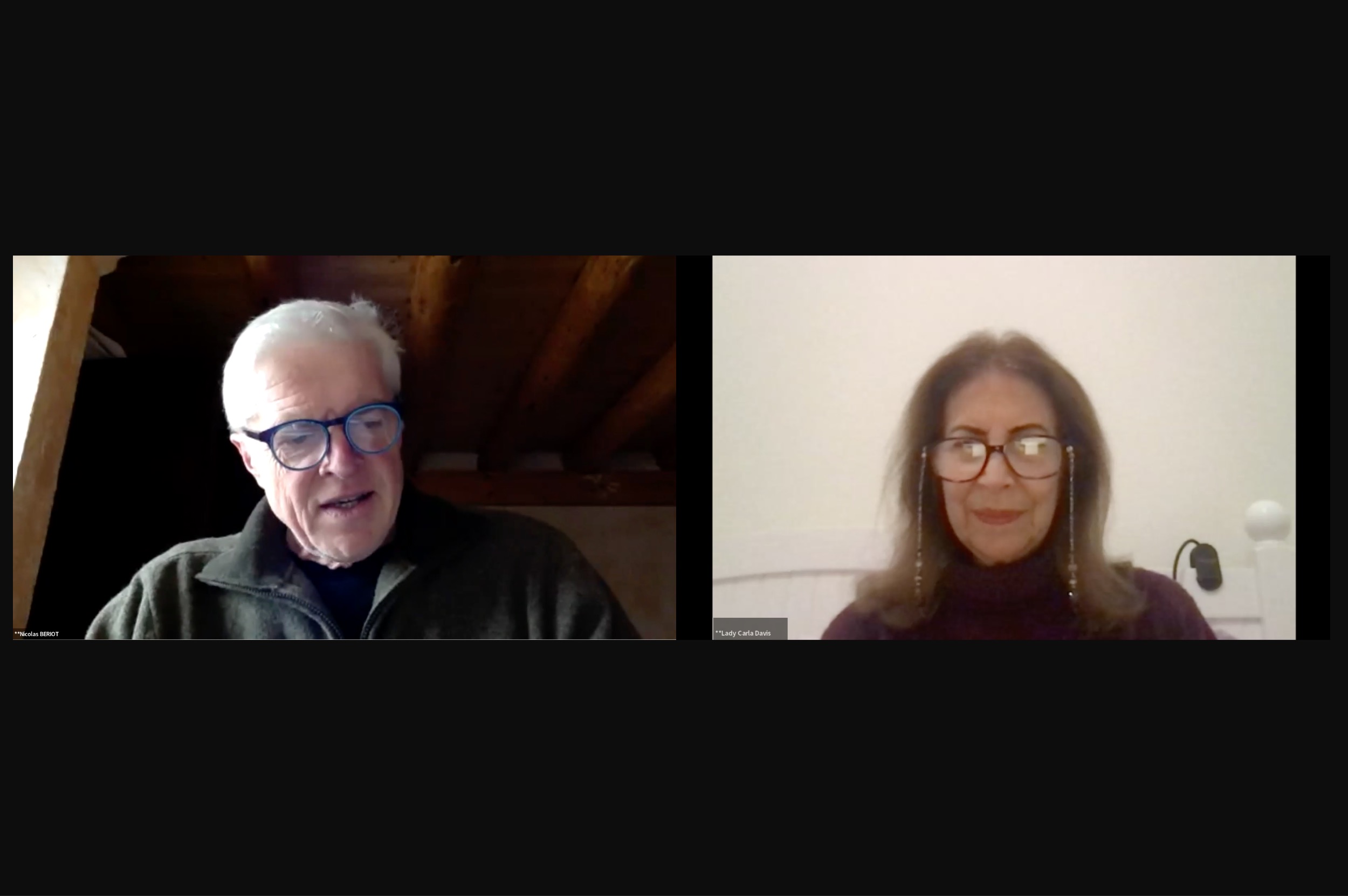 |
The second sitting was chaired by Dr. Folker Meissner. The first submission was from a guest speaker, Rajesh M Jose, from ThinkPalm Technologies, who spoke about the changing nature of AI and its evolution from intelligence to awareness. His company's concerns were about the blurring boundaries of office and home life and how to keep a healthy balance in life. Dr. Dirk Seeling, GEP Minister for Labour and Human Resources, observed that all routine nature work can be replaced by machines, but it lacks soul interaction. He moved a resolution that Human Resources should always know about the pranic genetic code of employees and human beings.
Lawyer Daniel Koehler, a leading specialist in media law from Switzerland, spoke about legal data protection and free flow of information. He explained the hazards of social media use and how data is used. His proposal was to set up a regulatory body that would design and enforce some minimum requirements for all digital content to protect users, a body formed of experts which should be independent of the state and work autonomously. He also proposed greater awareness and education to help users understand digital manipulation and make better choices.
Dr. Marcus Guderle, scientist and the GEP Germany Chairman, responded to Mr. Koehler’s presentation by agreeing and further explaining how tech companies are observing human behaviour and manipulating the thoughts and desires of their users, for profit. He reminded the House of the Resolutions from the 4th GEP on Sustainable Economics in which profit would be redefined on the basis of dharmic and humane principles, and happiness would be redefined not as comfort but as radiating Consciousness. He moved four resolutions: that people should not be commodified, neither as employees nor as their personal data; to establish and train institutions that implement and promote digitalization from the perspective of the I-Theory; to extend the basic data protection regulation, which is being pushed in the EU, to all countries outside the EU; to have a strong regulation of tech monopolies and curbing unlawful data use and user manipulation.
GEP Agriculture Minister Prof. W. Kumara Hirimburegama spoke about digitalization and agriculture, saying that humanity is closely connected to agriculture, but we have forgotten that we are a component of nature. The world is too much affected by commercial forces. Ethics needs to be taught and ethical behaviour can solve these problems.
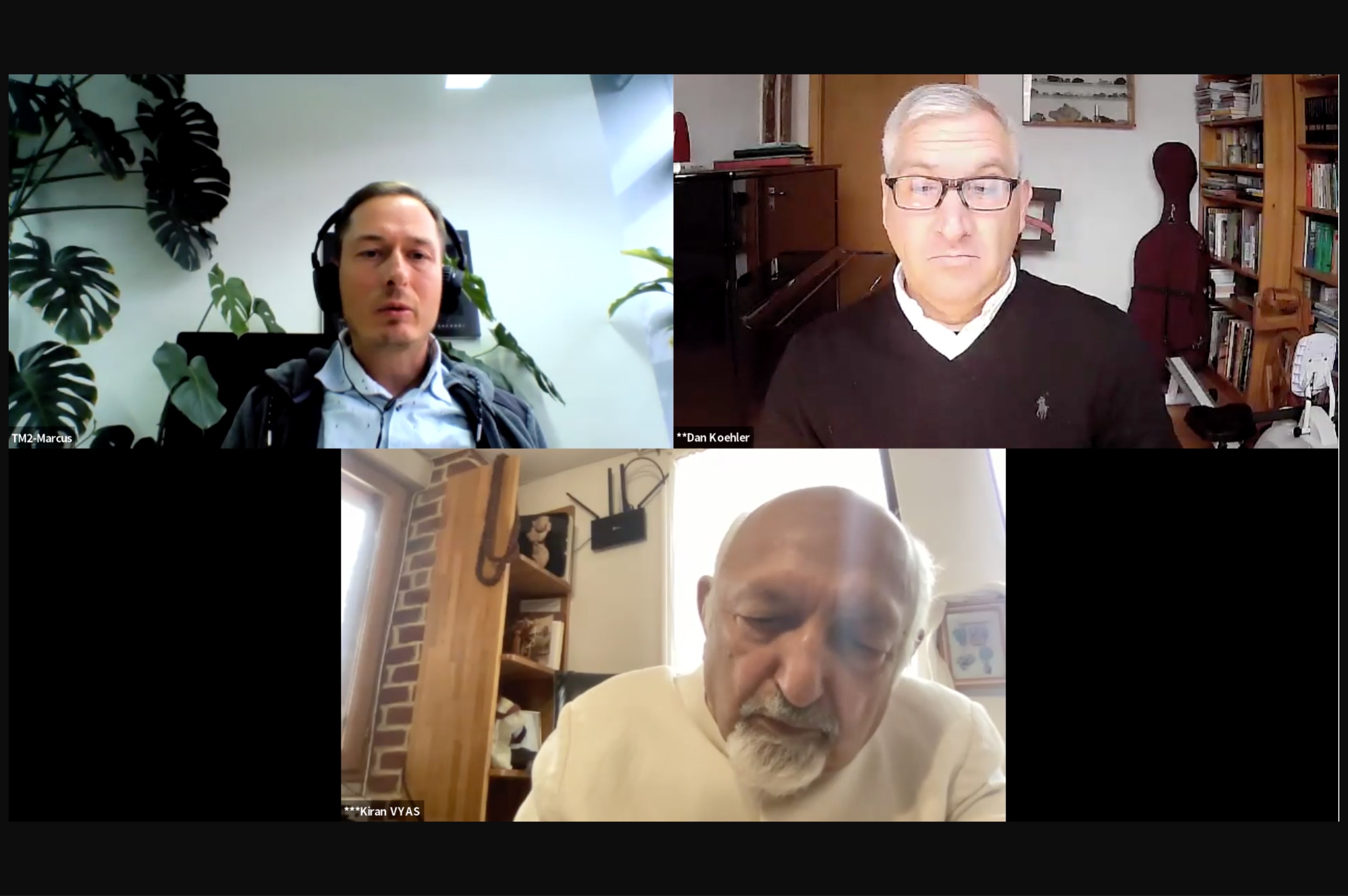 |
 |
In the realm of media, veteran journalist K. Balachandran noted the ways in which social media has changed the nature of journalism by putting the tools and ability to create content into everyone’s hands. He argued for a new kind of media to emphasize a higher level of consciousness (awareness) and to evolve simple access to information into something more powerful. GEP Parliamentary Affairs Minister Ajith Venniyoor commented that while digitalization of media has a humanizing and democratizing factor, social media lacks authenticity and reduces quality communication.
Linguistics professor Lt. Dr. P. Sreekumar gave a submission asking whether language be will sustained in the digital future. He moved a resolution for linguistic well-being to develop a paradigm shift in policy away from language policy and into a policy for language community.
At the end of the day, the Bill for Humane Digitalization was presented in brief form to the House, covering main points in all the Portfolios. A discussion was held on the draft Bill, and finally it was passed by voting.
His Holiness Jagadguru Swami Isa wrapped up the session with the Concluding Address in which he encouraged Members of Parliament to realise the power of thought and not be slaves to emotions. Our thoughts today become our genetic code tomorrow, which is our subjective software. Biotic life and abiotic life both exist in the outer world as well as in the human being. We are the combination of both.
He also noted that present wealth is based on ‘shadows,’ only binary numbers, which are far disconnected from the physical reality of things in the gross plane that have value. He warned that an economic disaster is looming with the dependency on digital currency.
“We need a digital code for a better, happy life. Binary code and genetic code need to complement each other, not fight. Our lifespan is very short. We have no time for fighting,” he said in conclusion. “In the short time we have, we want to live with peace of mind and happiness.”

Programme
December 9
3:30 pm IST
Inaugural Function
Welcome Address by Dr MR Thampan, Secretary of GEP, Former Director of the Kerala State Institute of Languages, India
Felicitations by Dr. Christophe Dumas, Director, Global Energy Parliament Research Centre, France
Lady Carla Davis, Author and Educator, USA, GEP Minister for Environment
Architect G. Shankar, Founder, Habitat Technology Group, India, GEP Minister for Housing
Presidential Address by Sri Kummanam Rajasekharan, former Governor of Mizoram
Founder's Address by His Holiness Jagadguru Swami Isa, Founder of GEP
Inauguration by His Excellency the Governor of West Bengal, Dr CV Ananda Bose
5:00 pm IST
Opening of the Parliament
by Deputy Speaker Dr. Kiran Vyas (Founder, Tapovan Open University, France)
5:15 pm IST
Question Hour
· Question to the Minister for Innovation Prof Sudhanshu Rai (Assoc. Prof. of Innovation, Copenhagen Business School, Denmark)
· Question to the Minister for Education Dr V Reghu (Former Dean and Controller of Examinations, Rajiv Gandhi National Institute for Youth Development, India)
· Question to the Minister for Finance and Economy Prof. V. Unnikrishnan Nayar (Hon. Professor of Optoelectronics, University of Kerala, India)
· Question to the Minister for Housing Prof. G Shankar (Founder, Habitat Technology Group, India)
· Question to the Minister for Health Dr. Folker Meissner (Chairman of German Academy for Energy Medicine and Bioenergetics, Germany)
· Question to the Minister for Child Welfare Dr Sujakshi Haridas (Medical Doctor – Retired, India)
· Question to the Minister for Science and Technology Dr Christophe Dumas (Director, Global Energy Parliament Research Centre, France)
· Question to the Minister for Agriculture Prof. W. Kumara Hirimburegama (Former Vice Chancellor of Colombo University, Sri Lanka)
· Question to the Minister for Environment Lady Carla Davis (Author and Educator, USA)
· Question to the Minister for Culture Dr. M.R. Thampan (Secretary of GEP, Former Director of the Kerala State Institute of Languages, India)
6:15 pm IST
Call Attention Motion
Member of Parliament Jibu Elias (AI Ethicist and Chief Architect of INDIAai
National AI Portal, Govt of India)
6:35 – 7:30pm IST
Submissions and Responses - Chaired by Dr. Folker Meissner, GEP Minister for Health
1. Defining the Human Being
Submission by the Member of Parliament Prof. Florent Pasquier (Associate Professor, La Sorbonne, Paris & Senior Lecturer in Education and Training Sciences, France)
Submission by the Member of Parliament Dr. Guido-Henri de Couvreur (Philosopher and Vice-President of Club of Rome EU, Belgium)
2. Health
Submission by the Member of Parliament Dr. Kimberly Davis (Head of Kimberly Davis Integrative Health PLLC, USA)
Response by the Member of Parliament Dr. Reza Chowdhury, Professor of Medicine and former Dean of Medical Schools in the US, India and South America, and Head of GEP USA
3. Culture
Guest Speaker: Prof. Elizabeth Sherly, Distinguished Professor, Digital University Kerala, India
Response by Member of Parliament Prof. M.G. Sasibhooshan, Former Director, Vylopilli Samskrithi Bhavan, India
7:30 pm IST: ~ End of Day 1 ~
December 10
3:30 pm IST Welcome by Deputy Speaker Dr. Kiran Vyas
Keynote Address on Machine Learning and Its Effects on Humans by Prof. Achuthsankar S. Nair, Head of Dept. of Computational Biology & Bioinformatics, University of Kerala, India
Response by the Minister for Education Dr. V. Reghu (Former Dean, Rajiv Gandhi National Institute for Youth Development, India)
3:50 – 5:00 pm IST
Submissions and Responses
4. Water & Natural Resources
Submission by the Minister for Water & Natural Resources Mr. Nicolas Beriot (Expert on Climate and Ecology, France)
Response by the Minister for Environment Lady Carla Davis (Author and Educator, USA)
5. Finance & Economy
Submission by the Youth Member of Parliament Mr. Paras Dubey
6. Science & Technology
Submission by the Minister for Science and Technology Dr. Christophe Dumas (Director, Global Energy Parliament Research Centre, France)
Response by the Minister for Finance Prof. Unnikrishnan Nayar (Hon. Professor of Optoelectronics, University of Kerala, India)
7. Law
Guest Speaker: Mr. Daniel Koehler, Specialist in Media and Law, Germany
Response by Member of Parliament Dr. Marcus Guderle (Scientist, & Chairman, GEP-Germany)
8. Agriculture
Submission by the Minister for Agriculture Prof. W. Kumara Hirimburegama (Former Vice Chancellor of Colombo University, Sri Lanka)
Response by Member of Parliament Prof. K.K. Vasu (Former Principal of Engineering College, India)
5:05 - 6:20 pm IST:
Submissions Continued - Chaired by Dr. Folker Meissner
9. Labour
Guest Speaker: Mr. Rajesh Jose, Senior General Manager, ThinkPalm Technologies, India
Response by the Minister for Labour and Human Resources Dr. Dirk Seeling (Founder and CEO, Personal-point GmbH, Germany)
10. Media
Guest Speaker: Mr. K. Balachandran (Veteran Journalist, Kerala, India)
Response by the Minister for Parliamentary Affairs Mr. Ajith Venniyoor (Course Director for Communication and Management, Bharatiya Vidya Bhavan)
11. Language
Guest Speaker: Lt. Dr. P. Sreekumar, Associate Professor of Linguistics, Central University of Kerala, India
6:30 pm IST
Moving the Bill on Humane Digitalization – GEP Secretariat
Other Resolutions
Voting
7:00 pm IST Concluding Ceremony
7:30-7:50 pm IST Cultural Programme
Dance by Ms. Swathi Raghavan
7:50 pm IST ~ End of Day 2 ~
Read Speaker Biographies here

VIDEOS
Watch the full set set of videos from GEP 2022 in this YouTube Playlist:

PHOTOS
 |
 |
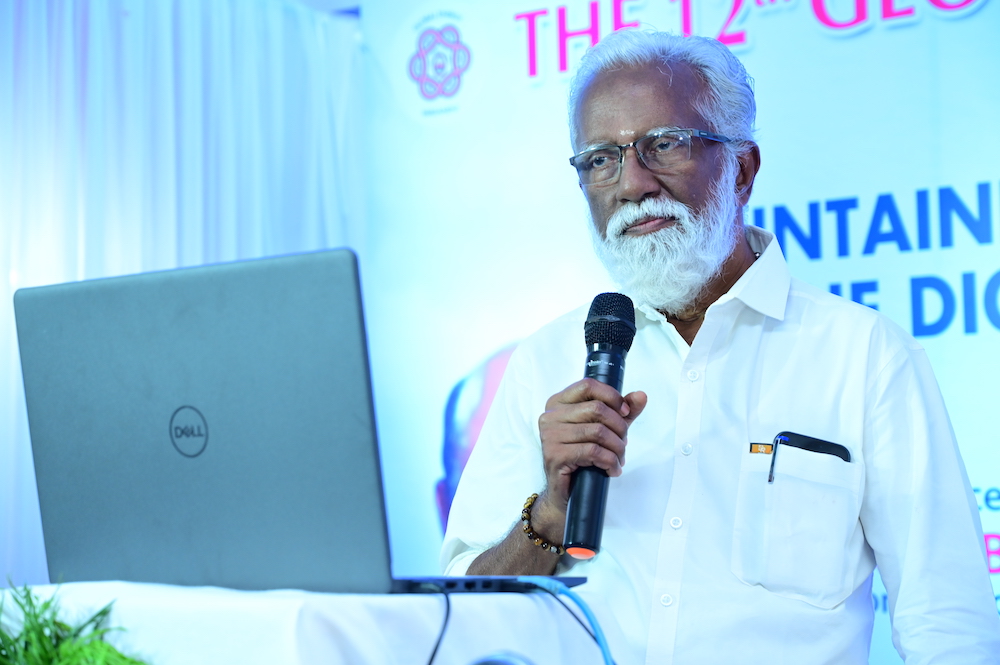 |
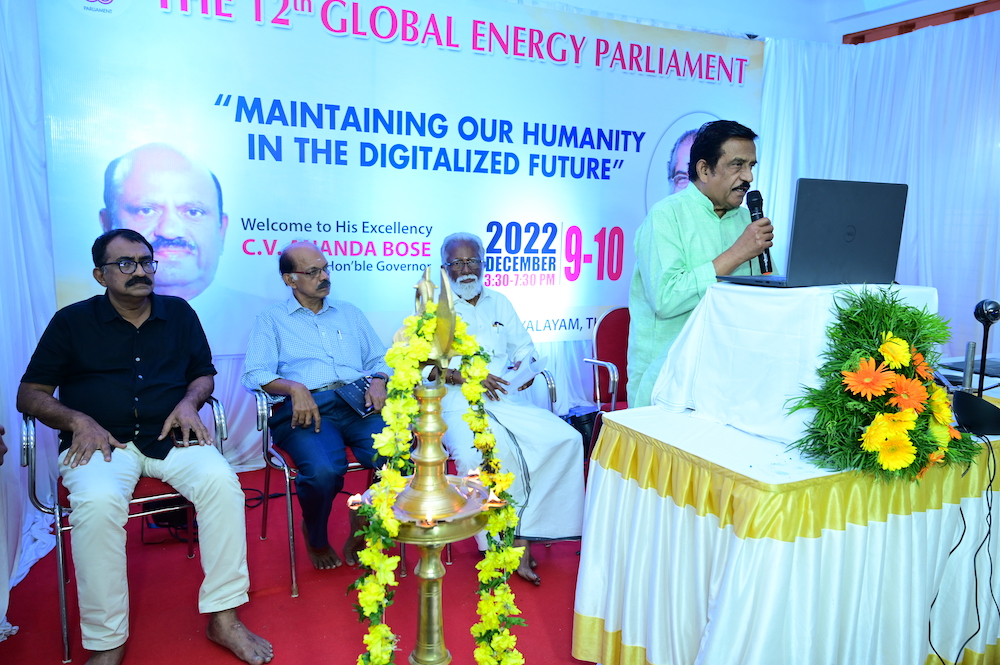 |
 |
 |
 |
 |
 |
 |
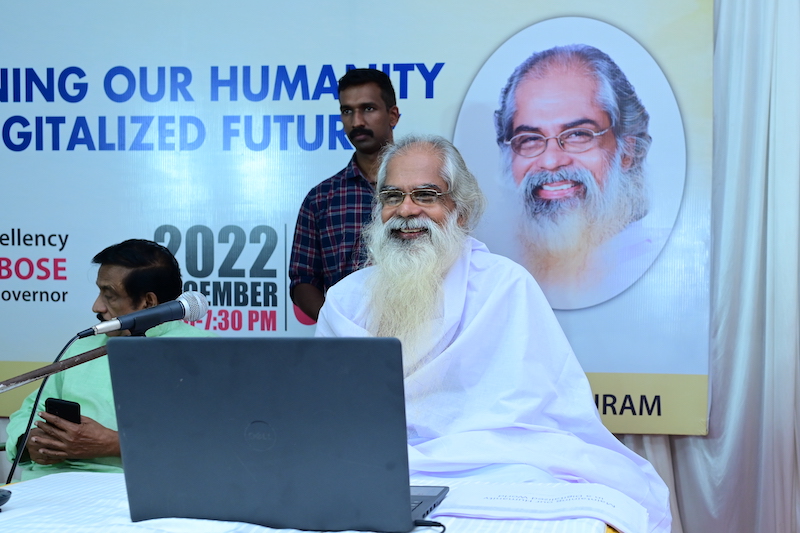 |
 |
 |
 |
 |
 |
 |
 |
 |
 |
 |
 |
 |
 |
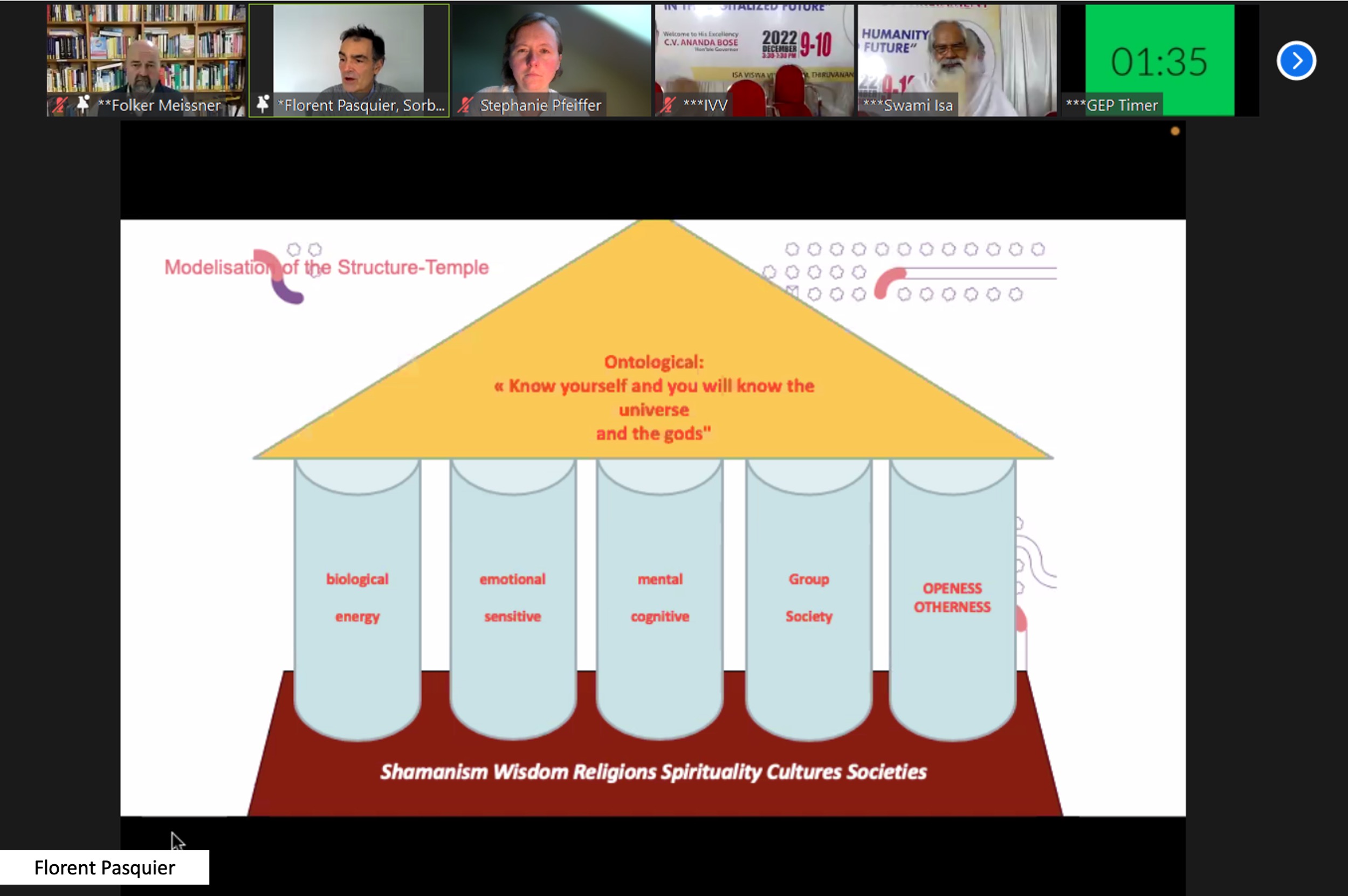 |
 |
 |
 |
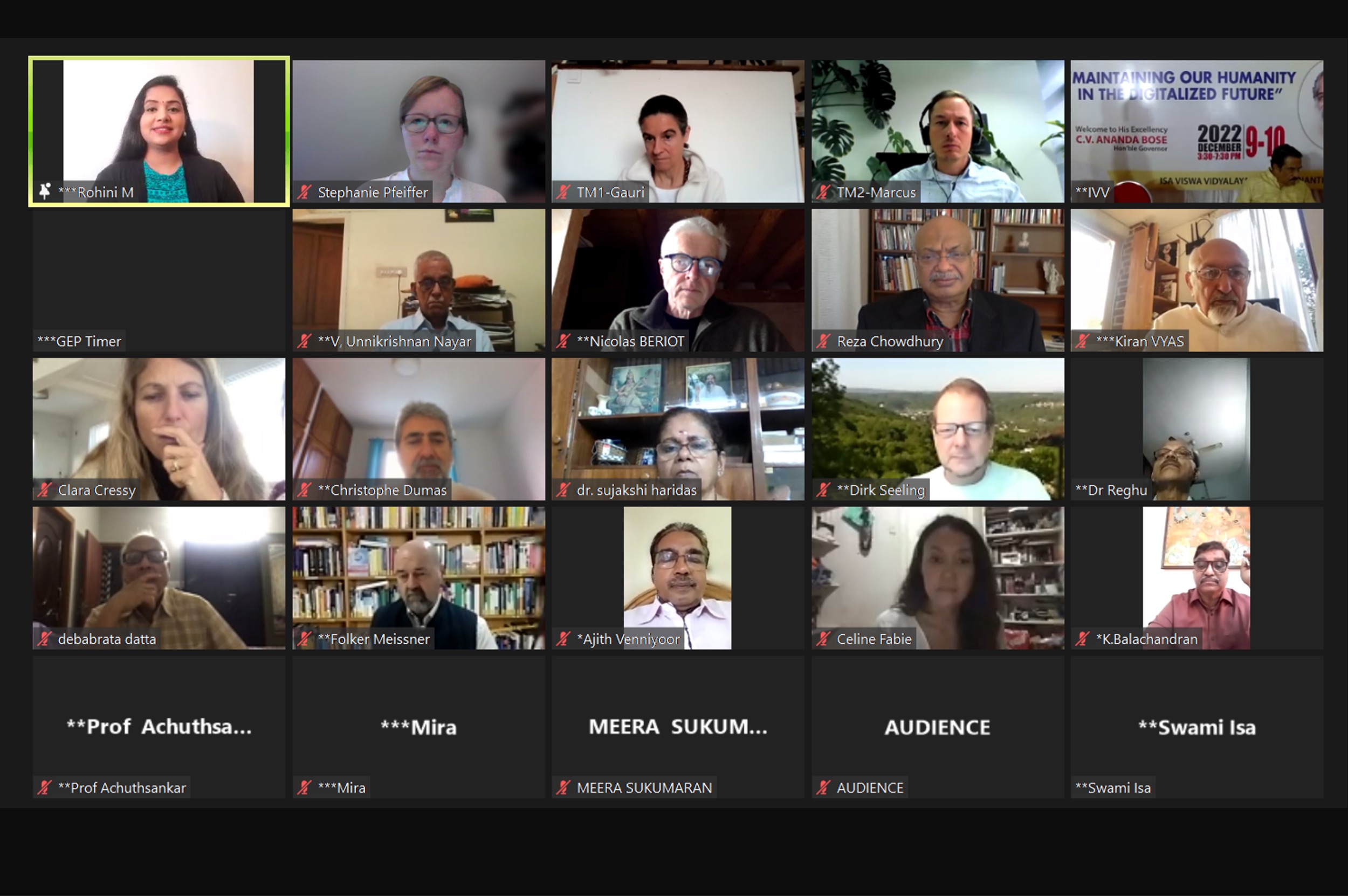 |
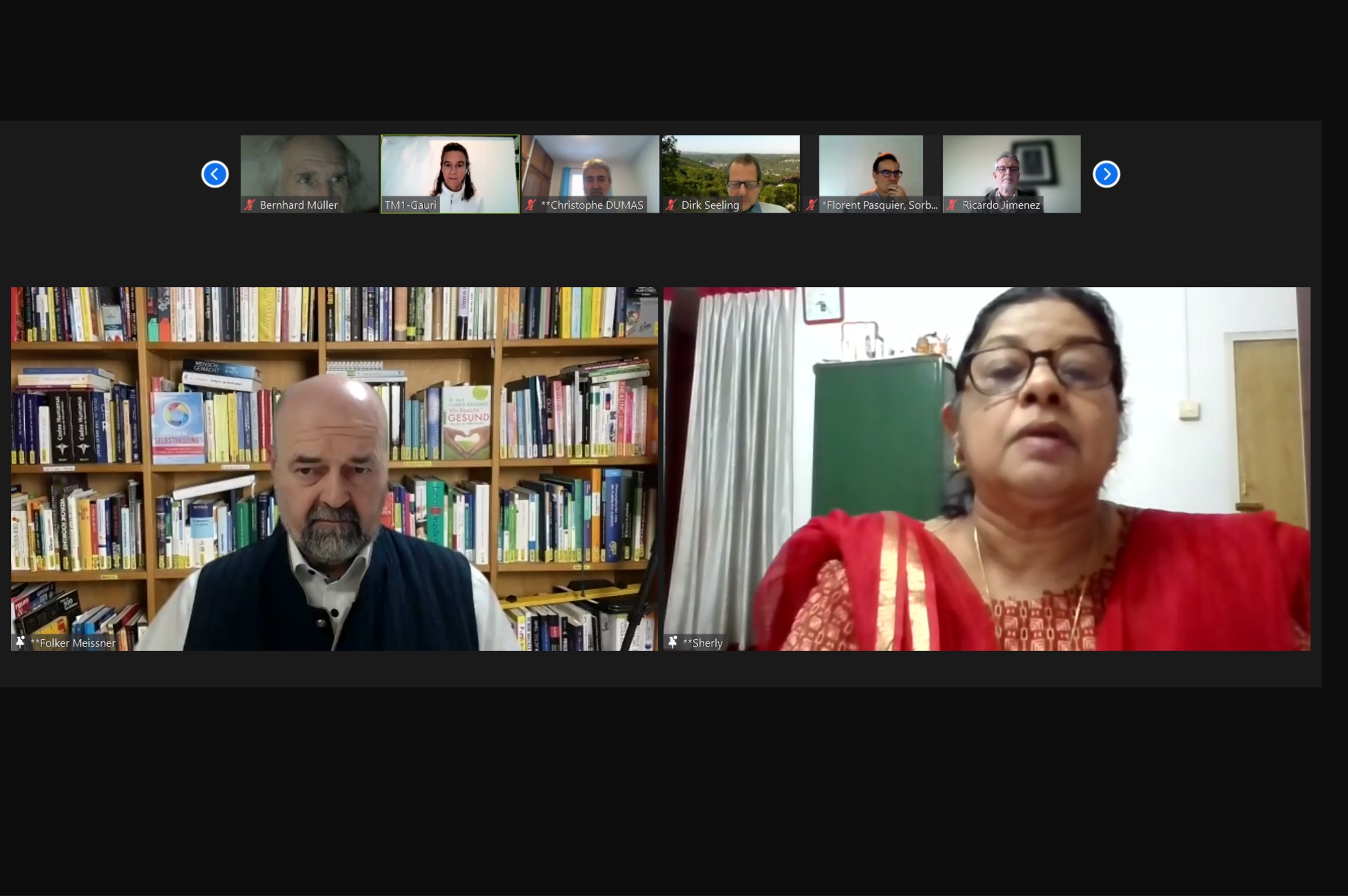 |
 |
 |
 |
 |
 |
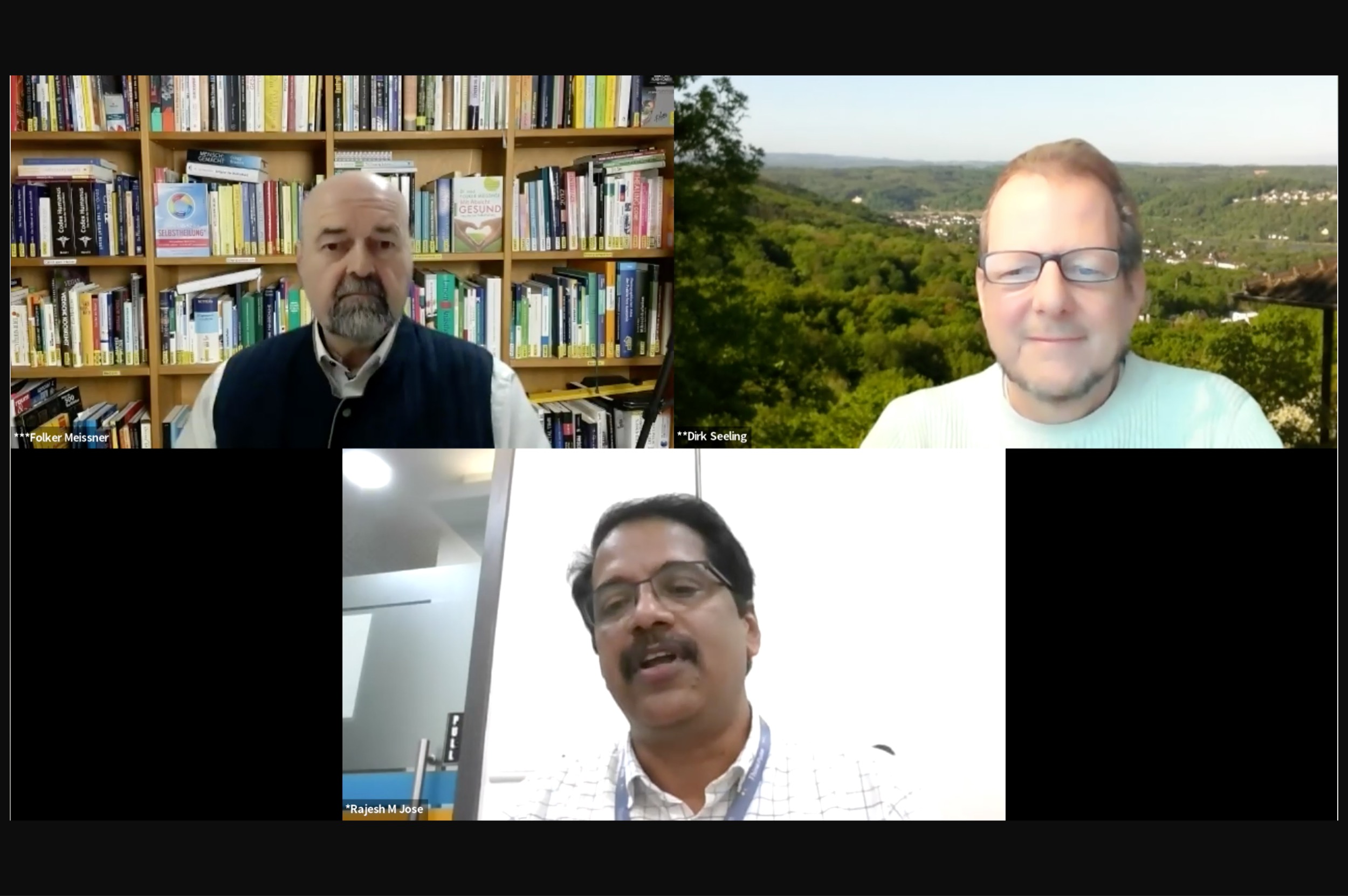 |
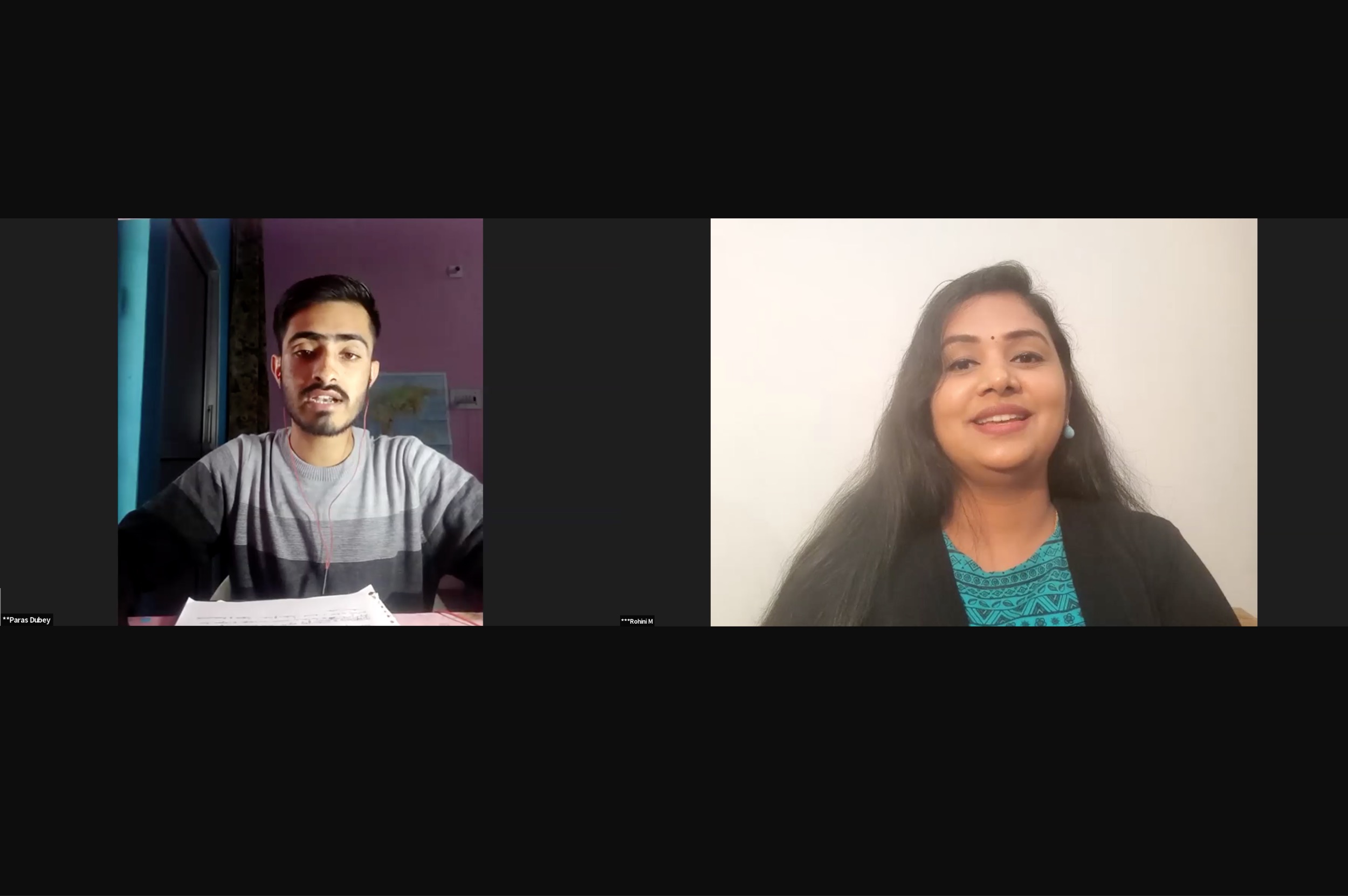 |
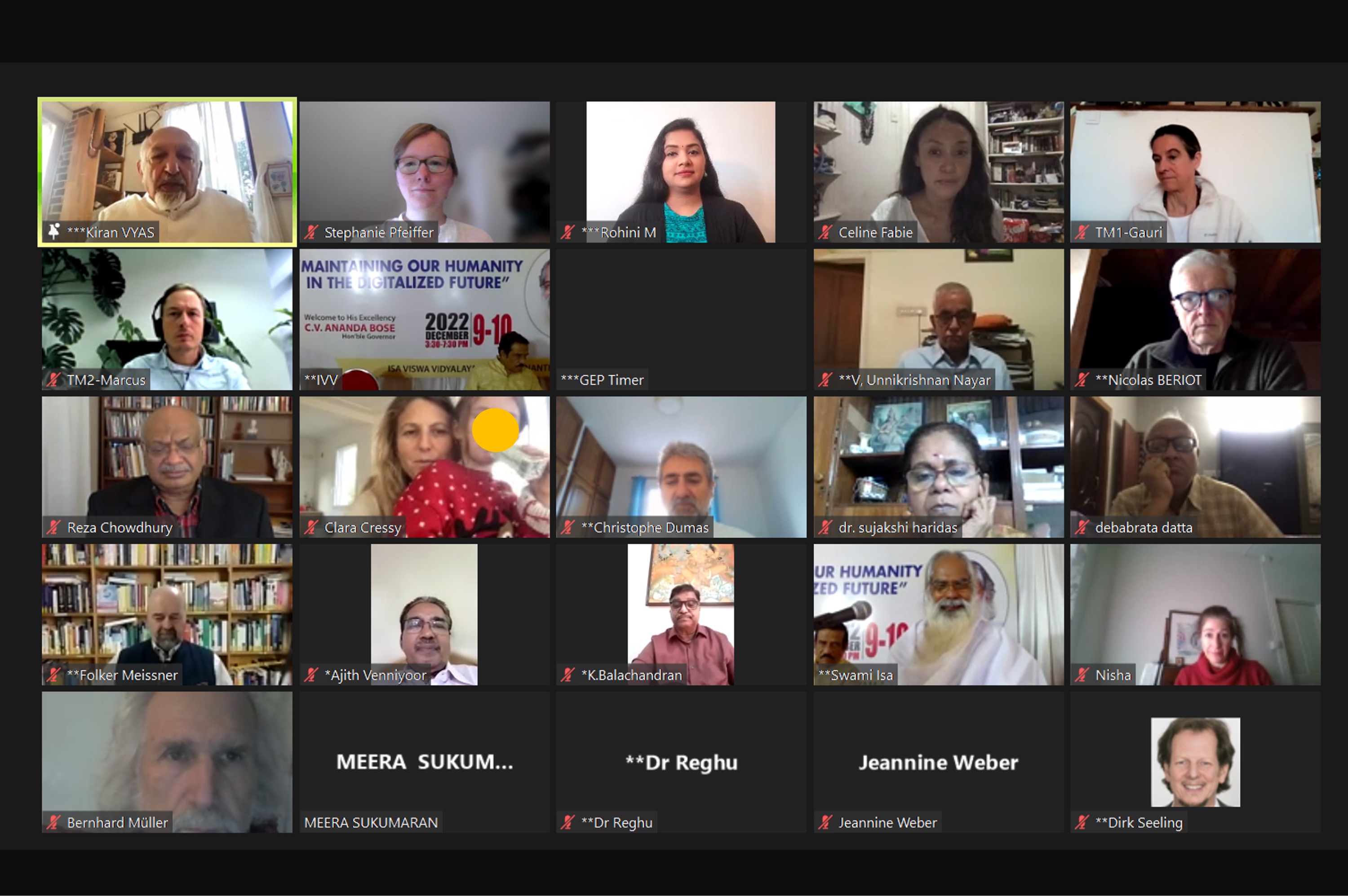 |
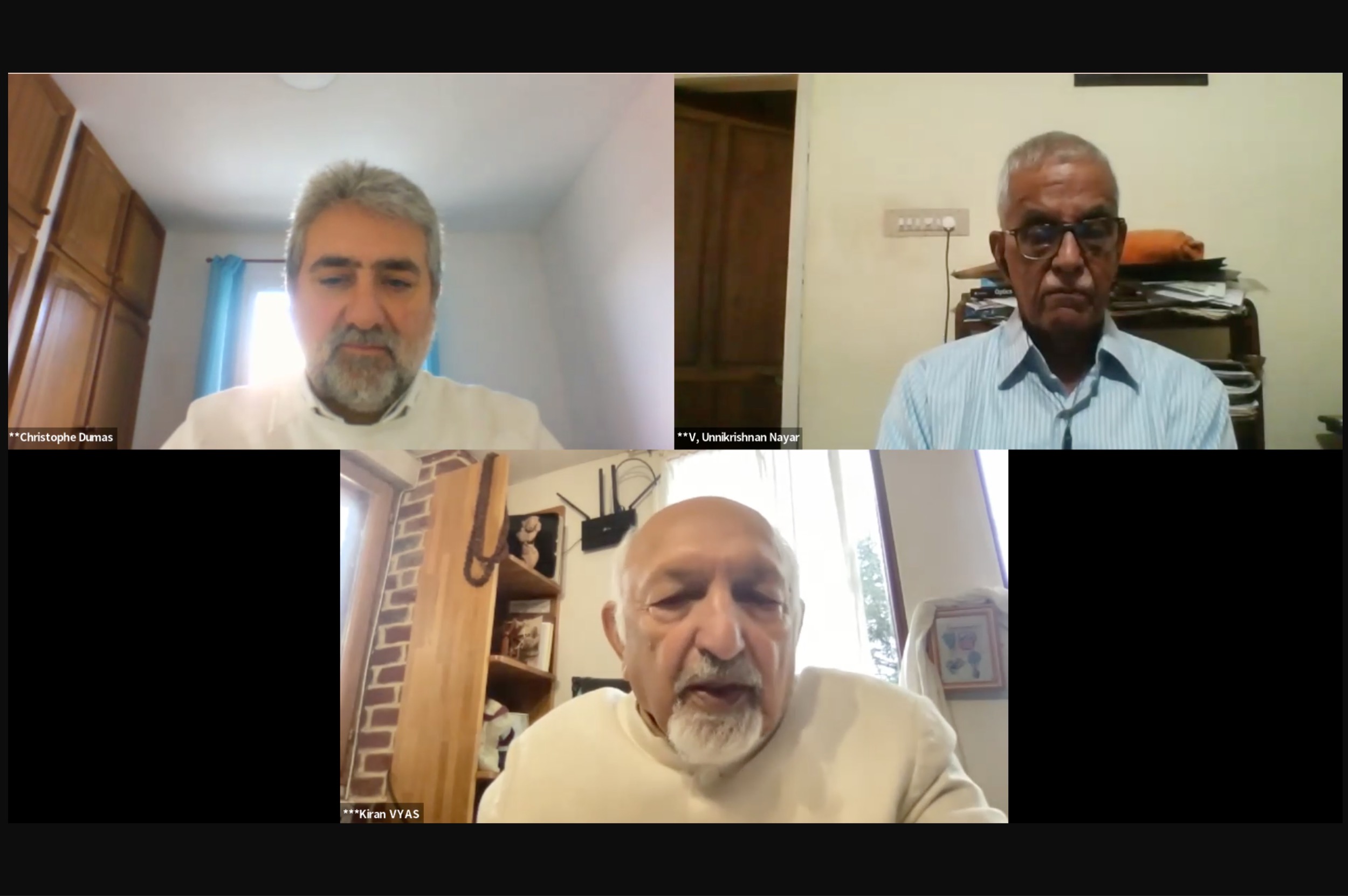 |
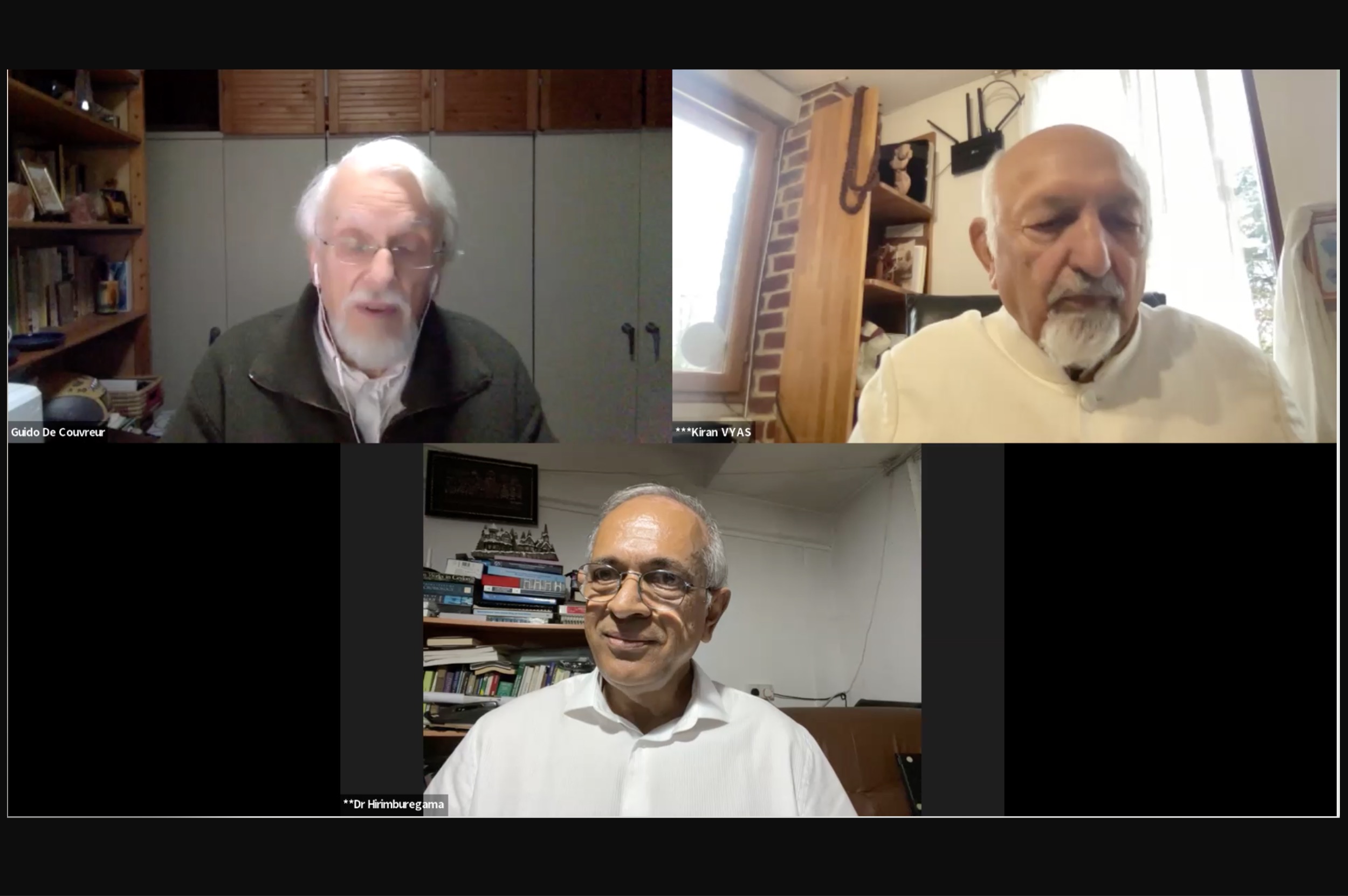 |
 |
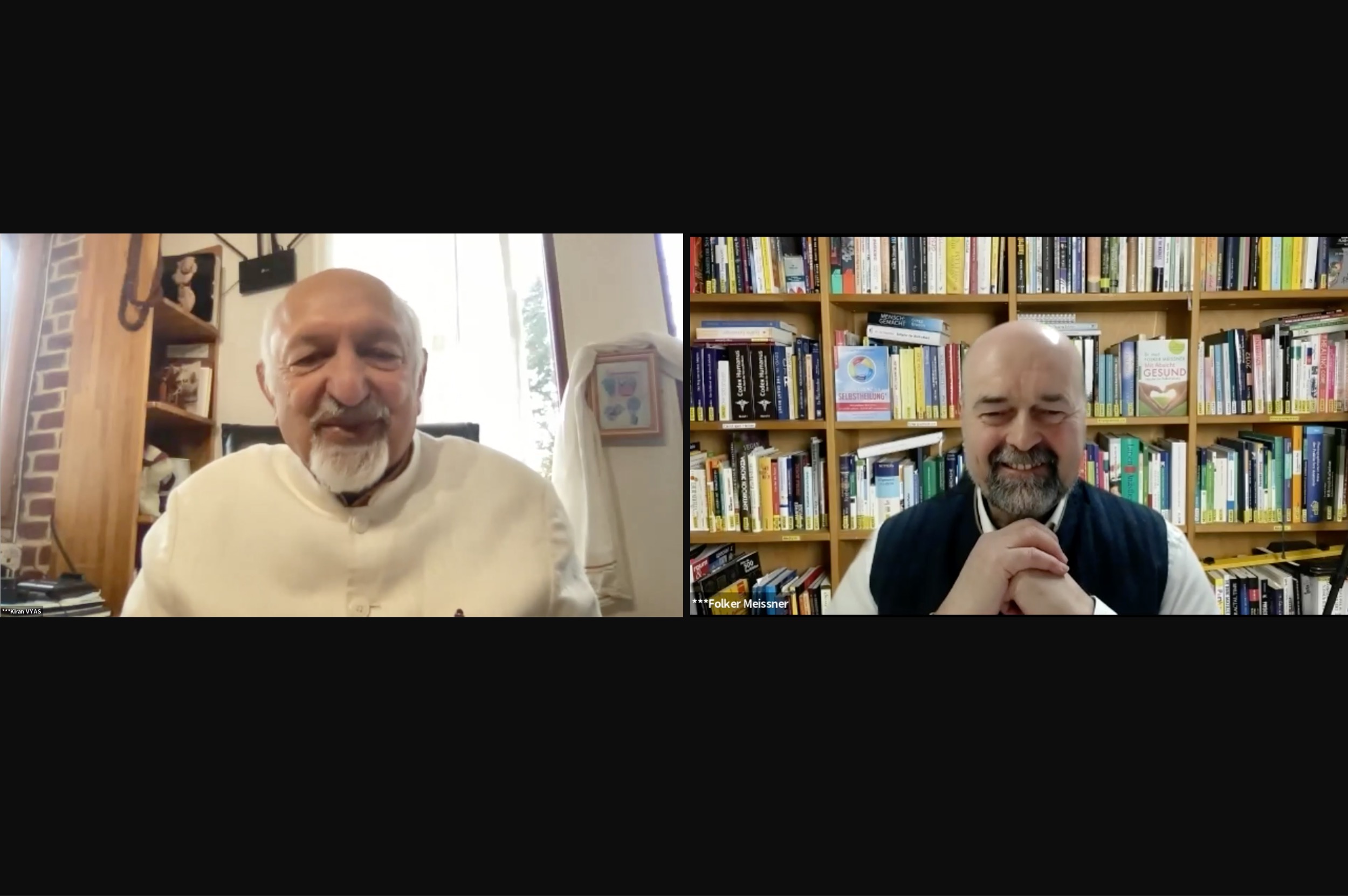 |
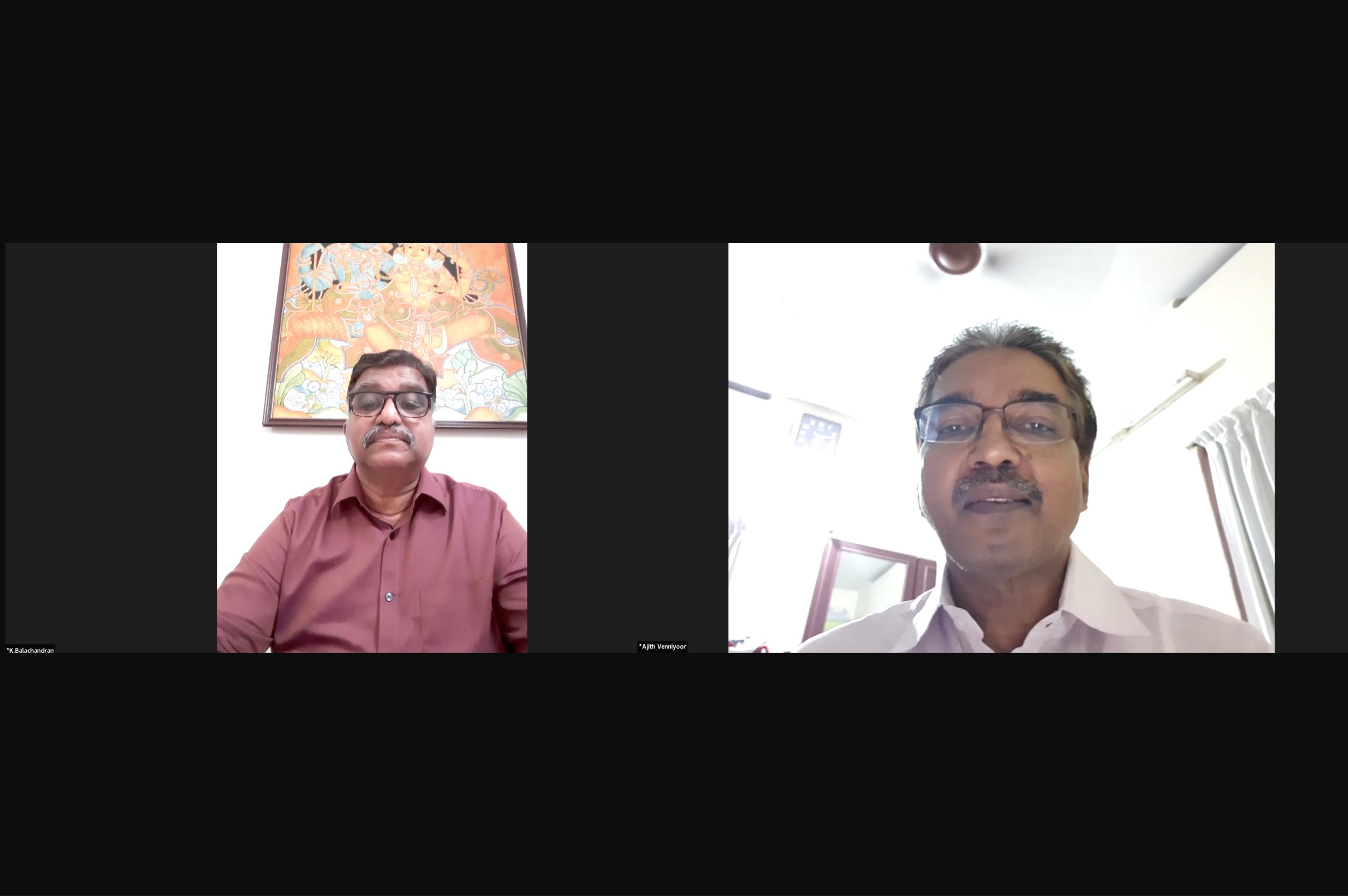 |
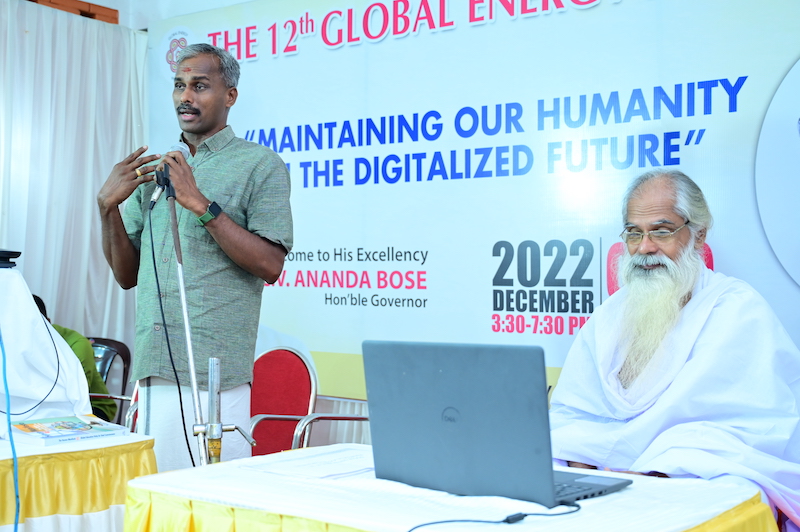 |
 |
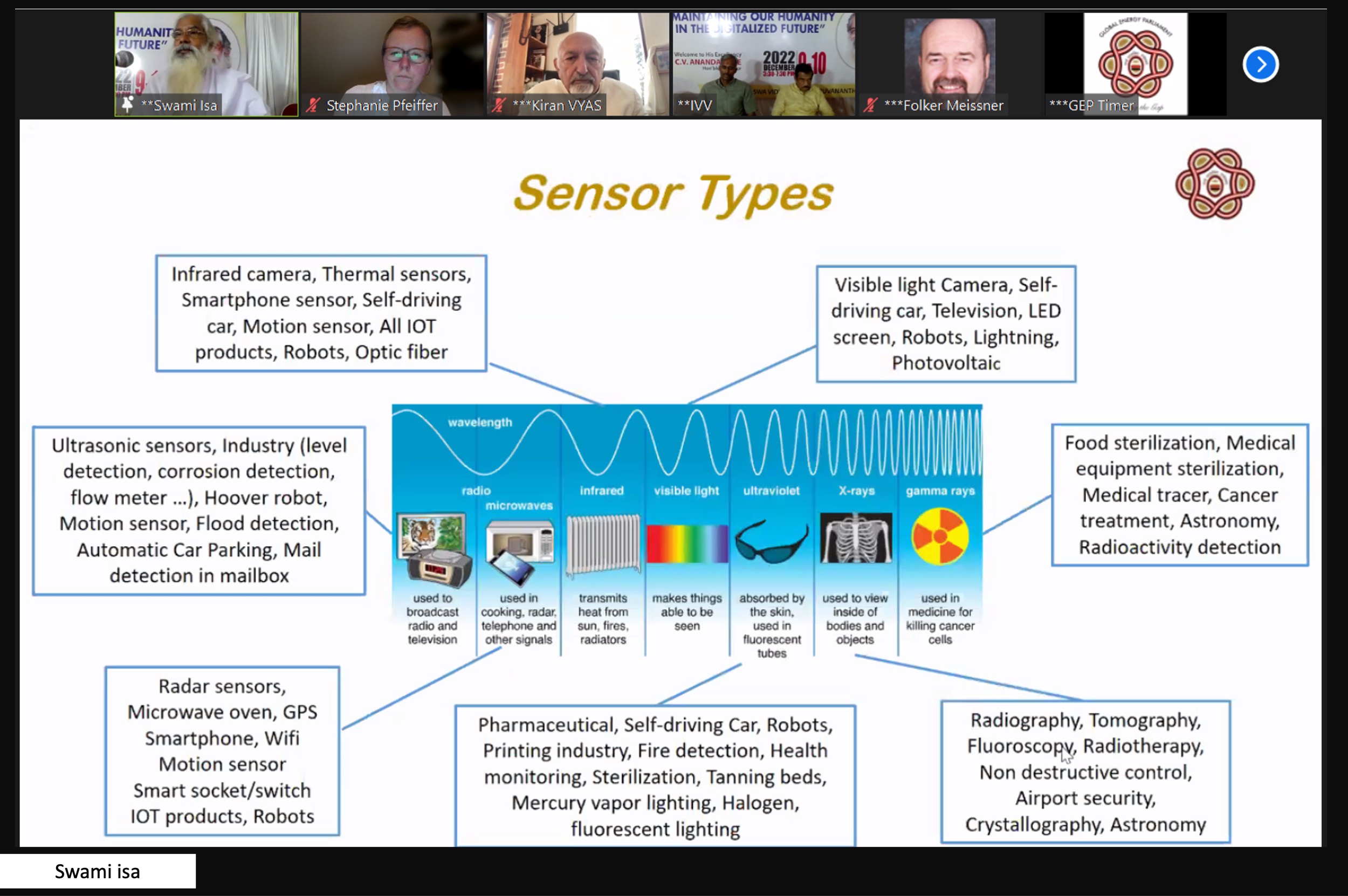 |
 |
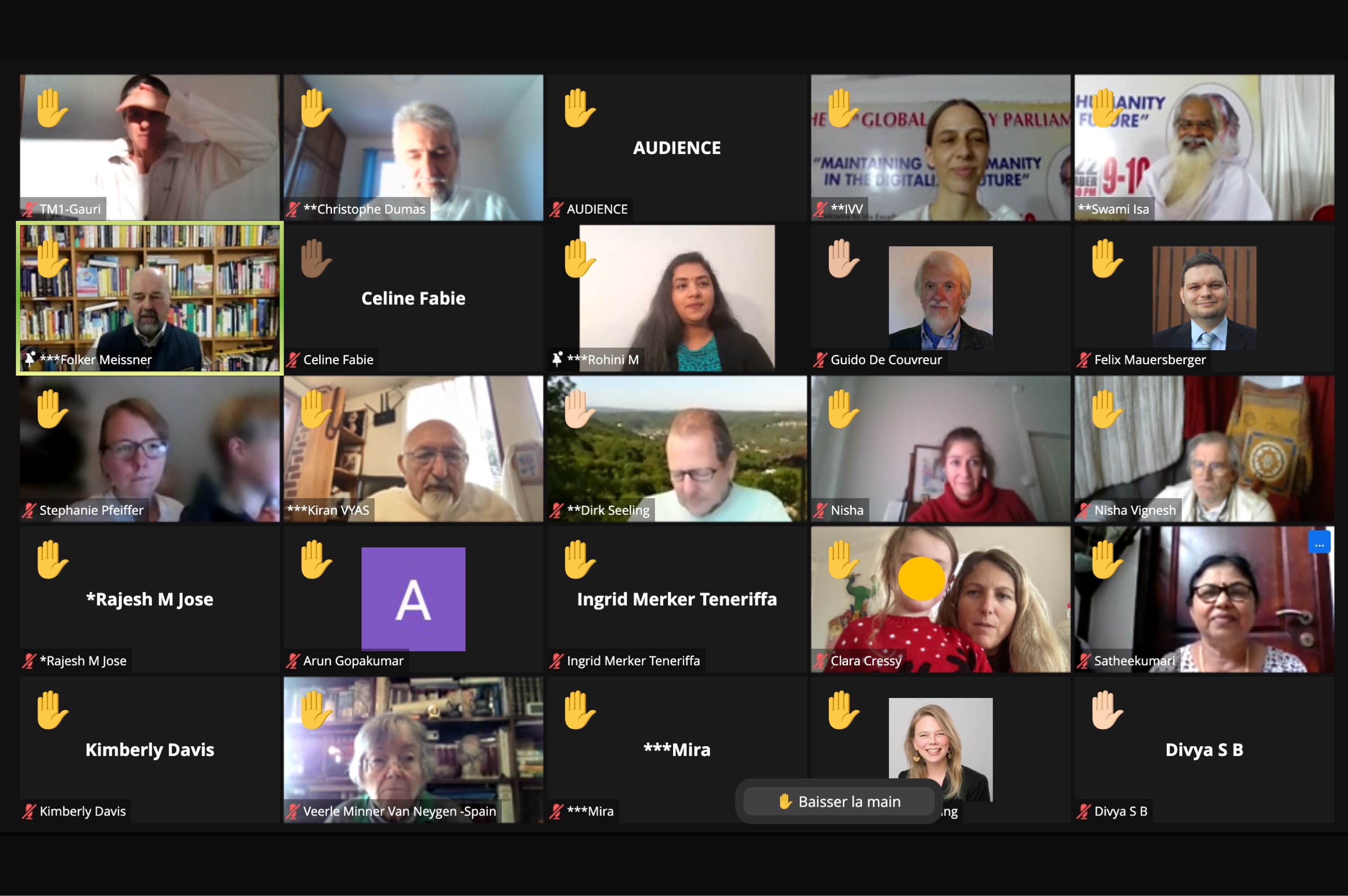 |
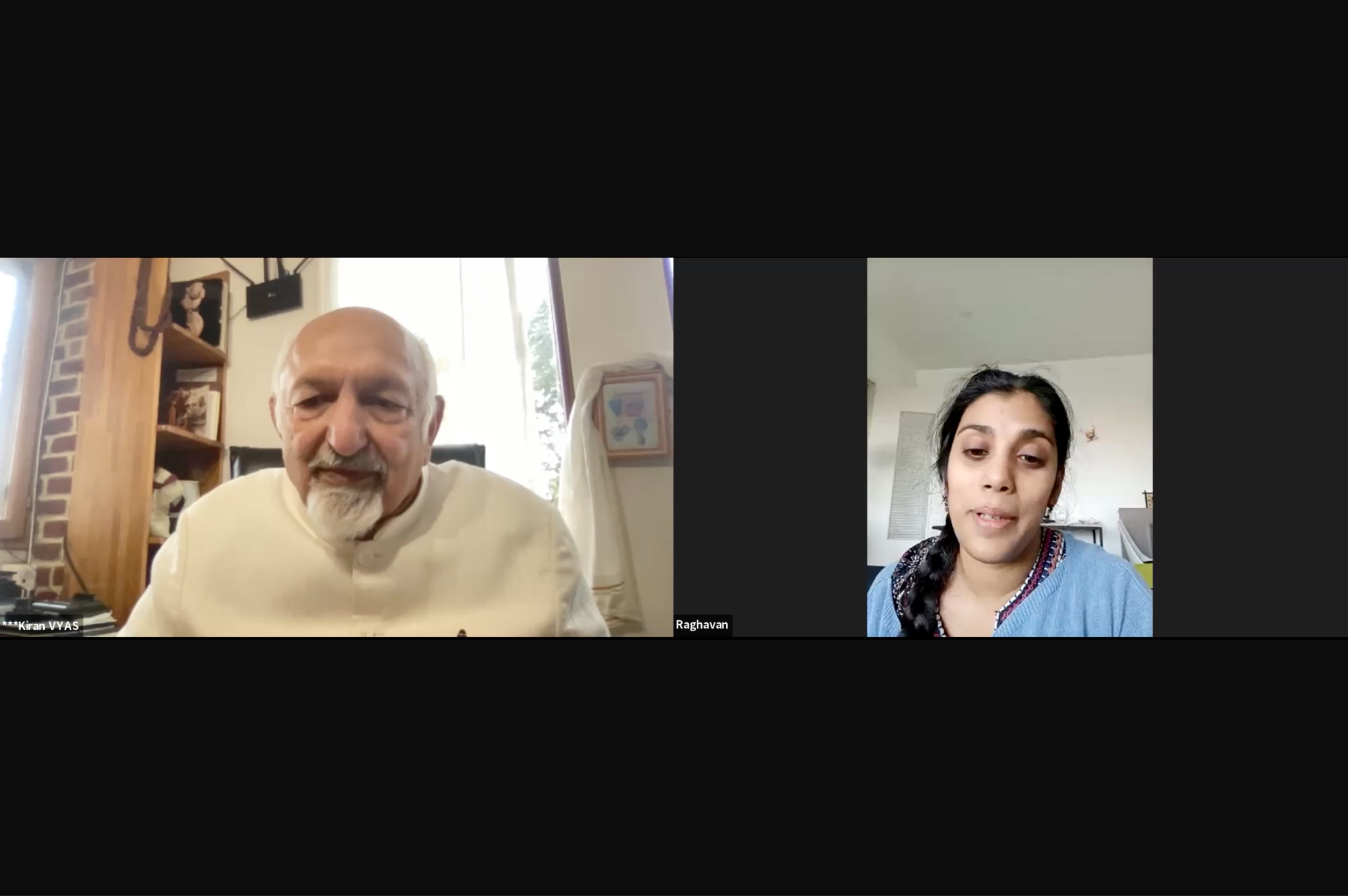 |
 |
 |

ORGANIZER
Global Energy Parliament


The Global Energy Parliament (GEP) is an international body working for science, sustainability, and peace. Since 2010 it has organized annual international sessions of parliament bringing together scientists, philosophers, experts, artists, activists and global citizens as Members of Parliament who discuss and collaborate on innovative solutions to the most pressing issues facing the world.
GEP shares its recommendations with national governments worldwide every year through Resolutions and Acts of Parliament, through personal meetings with decision-makers, and by participating in the United Nations.
The work of the GEP is based on His Holiness Jagadguru Swami Isa’s unified theory called the “I-Theory.” Its premise is that everything in the universe is a manifestation of vibration (energy), the most basic unit of which is called the I-particle. Three variations of frequencies and wavelengths of the I-particle vibration create all the qualitative and quantitative differences in the manifested universe. The human being and the universe are both constituted by this basic element of energy.
The GEP was founded by Swami Isa through his Isa Viswa Prajnana Trust (IVPT), a charitable organization which has held Special Consultative Status to the United Nations ECOSOC since 2015. The GEP and IVPT organize regular activities aiming to inculcate knowledge in individuals about what it means to be a human being and how to live in balance and happiness.

PARTNERS
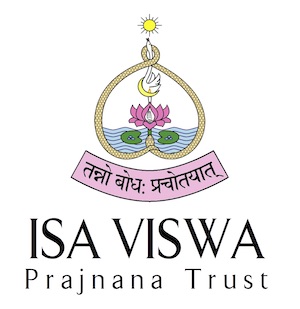 |
 |
 |
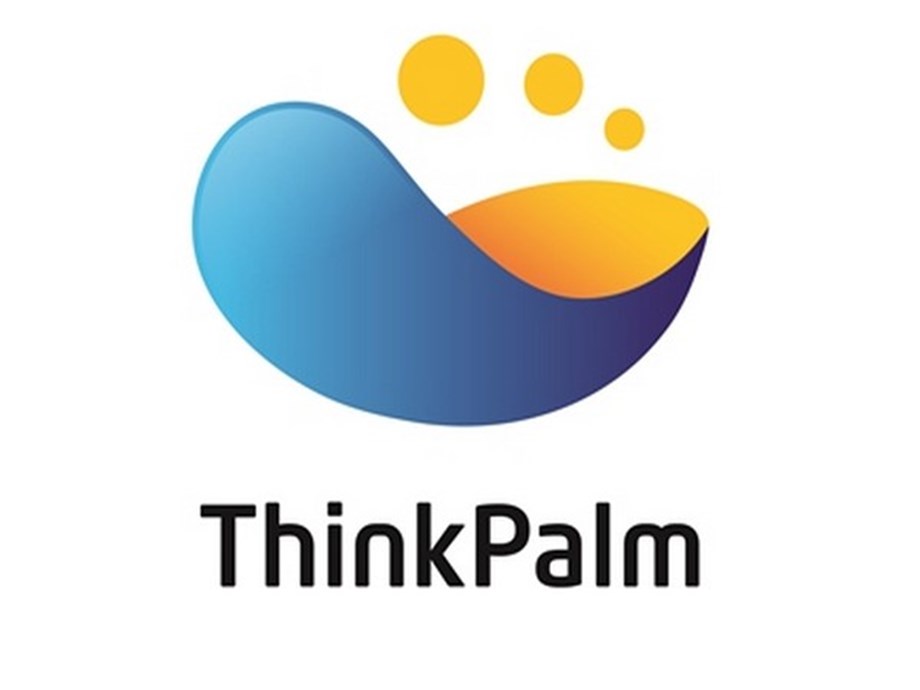 |
 |
 |

CONNECT WITH US
Visit us on social media, and use the hashtags #gep2022 #humanedigitalization
CONTACT
Contact: secretary(at)global-energy-parliament.net
Street Address: Global Energy Parliament, Isalayam Lane, Anayara P.O., Thiruvananthapuram 695029
Phone: +91 471 2742533
